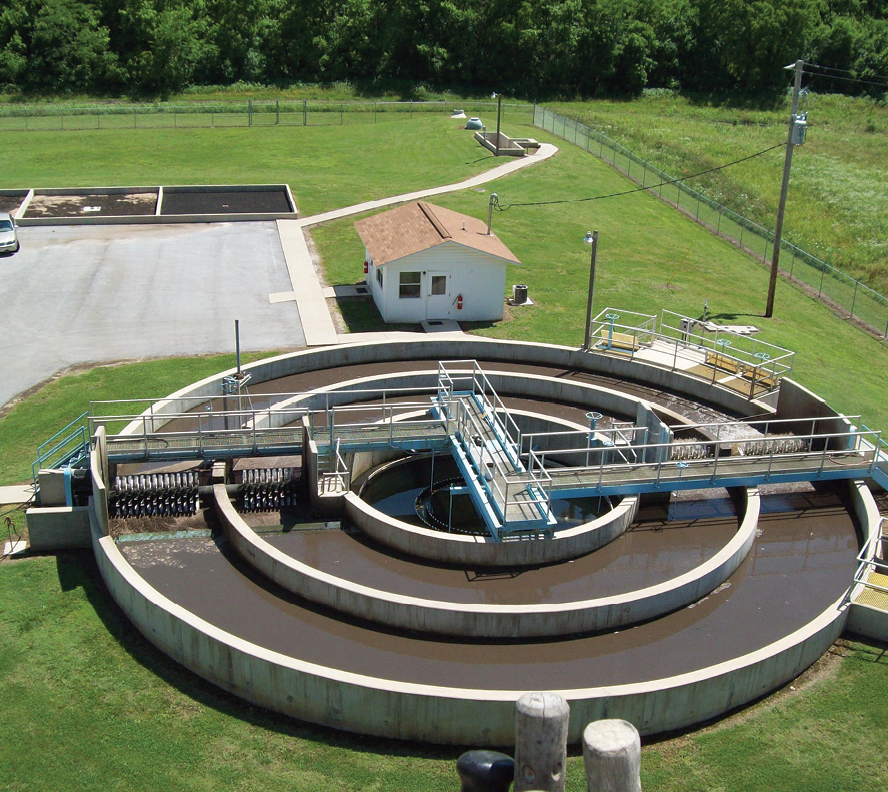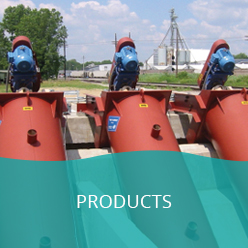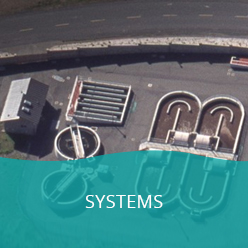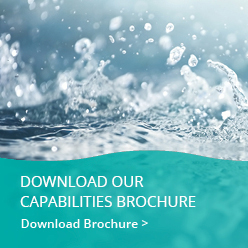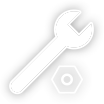The Federal Water Pollution Control Act changed how wastewater discharge was handled. The goal was to help keep biological and chemical contaminants out of U.S. waterways. Over the years, changes were made. They included:
- 1977, 1981, and 1987 saw amendments made after the original amendments in 1972.
- Secondary treatment regulations were enacted in the mid-1970s and changed in 1985.
- The National Pretreatment Program Rule came out in 1978.
- A National Municipal Policy was enacted in 1984.
- Stormwater rules came out in 1990 and were updated in 1999.
- Rules regarding the use and disposal of sludge came out in 1993 and raw discharge came to an end by 1996.
- The Federal Clean Water Action Plan came out in 1998.
Each time the rules change, municipal water treatment plants need to make sure they can meet the new guidelines and rules. The U.S. EPA says that many wastewater and treatment facilities have outdated equipment that requires repairs or replacement.
It’s getting harder for wastewater treatment plants to keep up with the growing population and changes to wastewater pollutants. It’s estimated that 33% of new developments require systems such as septic systems. It’s the only way states can keep up with the growth and spread from cities with wastewater treatment plants.
To make sure they meet the current laws and regulations, make sure your municipal water treatment plans are kept up-to-date. Before you make changes, read these tips to make sure you’re making the right decisions.
How Old Is Your Equipment?
It does cost a lot of money to replace the equipment in a wastewater treatment plant. That said, how much are you spending on repairs each year? Are you able to keep up with the demand? Has your equipment failed and created spills that led to fines?
While it can cost money to purchase and install new wastewater equipment, you can end up saving money. You won’t pay as much in emergency maintenance. It will cost less to run the equipment and production increases. In little time, you’ll recoup the money you’ve spent.
Can You Meet the Growing Population?
In your municipality, are you able to meet the needs of a growing population? If not, it’s time to expand your plant. You don’t want your wastewater treatment plant to become overloaded. When you expand, it may be worthwhile to build a system that’s larger than you need. This accounts for future growth, too.
If you can’t expand due to a lack of space, you can look for machines and technologies that increase capacity without taking up more space. For example, Lakeside’s H-PAC system is designed to take up less space while also reducing operating and engineering costs. You’ll be able to do more without having to build additions and buy up land for the expansion.
Energy Efficiency is an Important Factor
It’s estimated that water treatment plants and the water industry use as much as 4% of the nation’s energy. With demands for better wastewater treatment plans, there are also concerns over the cost of electricity. The EPA estimates that up to 40% of a municipality’s budget is for the wastewater treatment plant’s electricity. Public water systems usage of electricity accounts for as much as 80% of a municipality’s budget.
To keep from blowing a budget, there’s a need for wastewater treatment plans to look at the equipment that reduces operating costs. Water treatment is going to use energy. You have pumps and equipment using electricity 24/7. You can do your part by looking into equipment that can do the job correctly for the lowest operating costs.
How Much of a Hassle Do You Face if the Regulations Change Again?
Think about the last time the regulations shifted. Were you able to meet the changing regulations with ease or was it a struggle? Taxpayers often balk when it comes to increasing town and city budgets by a large percentage, so you have to consider their ability to pay more in taxes, too. Upgrading equipment is one solution, but you might be able to make improvements with some modifications to your existing plan or by modifying your water treatment plant’s buildings. One of the easiest ways to decide is by working with professionals who are ready to help you find economical solutions.
Lakeside Equipment specializes in the design and installation of water purification systems for companies and municipalities. We also help you find the parts you need for your older equipment. With more than 90 years in the industry, you can trust Lakeside to find you the best solutions for your water treatment plan.
Let us know more about your goals. We can help you come up with the best plan for your budgetary needs. Give us a call today at 630-837-5640.

